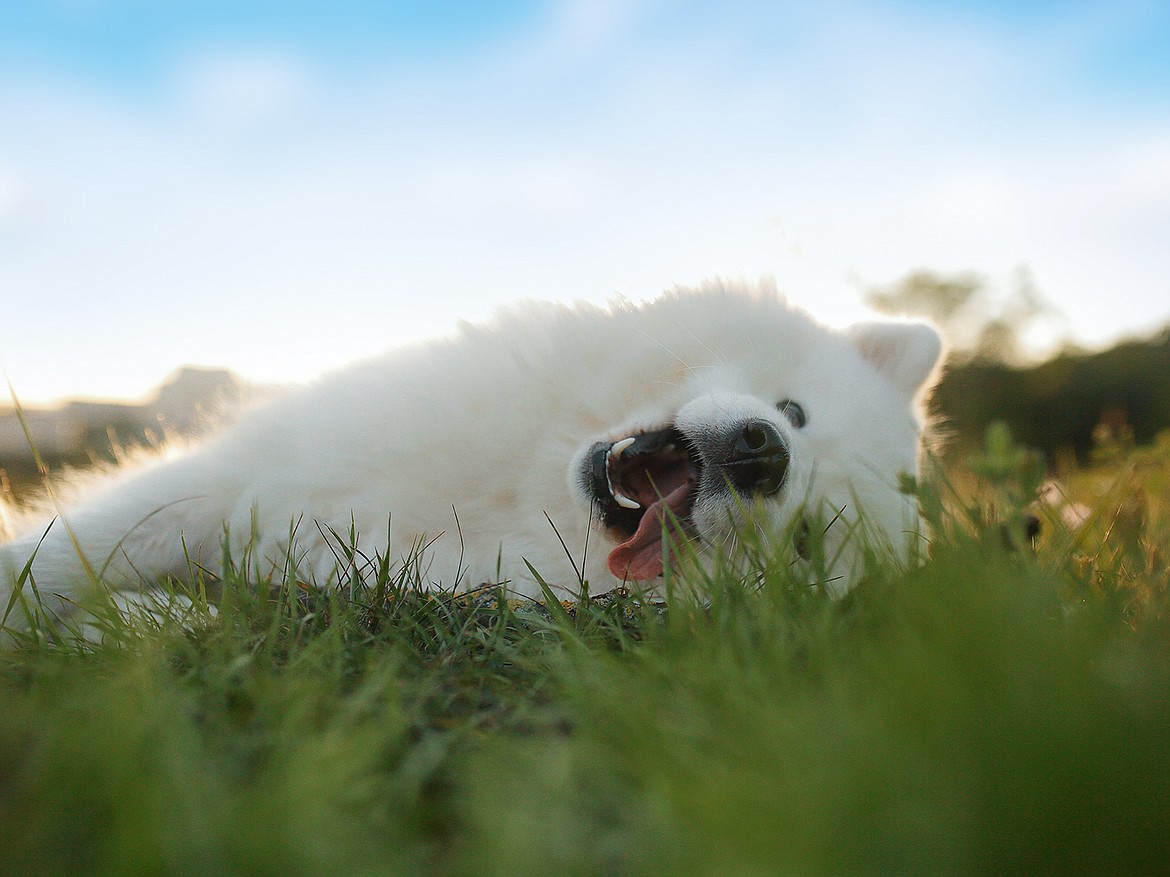Time for a summer cut? Tips for warm weather dog grooming
by
CONTRIBUTED REPORT/TEXAS A&M SCHOOL OF VETERINARY MEDICINE AND BIOMEDICAL SCIENCES
| June 20, 2022 1:20 AM
| June 20, 2022 1:20 AM
While people tend to dress differently depending on the season, most pets “wear” the same coat year-round. Shaving off this hair during the hot summer months may seem like a good idea to keep a dog cool, but it can actually have the opposite effect for some animals.
Become a Subscriber!
You have read all of your free articles this month. Select a plan below to start your subscription today.
Already a subscriber? Login



